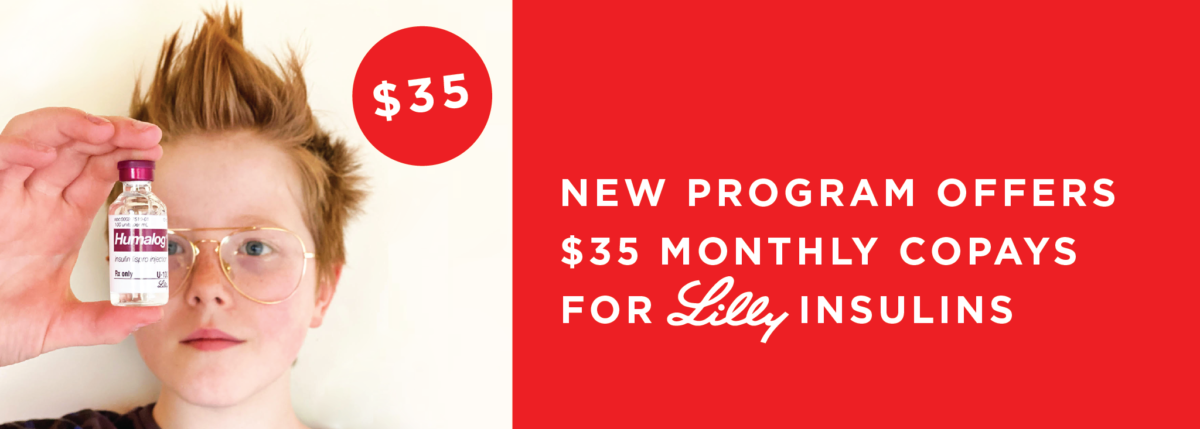
Patients using insulin infusion pump therapy must be trained to administer insulin by injection and have alternate insulin therapy available in case of pump failure. Hyperglycemia and Ketoacidosis Due to Insulin Pump Device Malfunction: Malfunction of the insulin pump or insulin infusion set or insulin degradation can rapidly lead to hyperglycemia and ketoacidosis.If heart failure occurs, dosage reduction or discontinuation of the TZD must be considered. Patients should be observed for signs and symptoms of heart failure. Fluid Retention and Heart Failure with Concomitant Use of PPAR-gamma Agonists: Fluid retention and heart failure can occur with concomitant use of thiazolidinediones (TZDs), which are PPAR-gamma agonists, and insulin, including NovoLog ®.Monitor potassium levels in patients at risk for hypokalemia if indicated (e.g., patients using potassium-lowering medications, patients taking medications sensitive to serum potassium concentration).

Untreated hypokalemia may cause respiratory paralysis, ventricular arrhythmia, and death.

Adjustments in concomitant anti-diabetic treatment may be needed. Advise patients who have repeatedly injected into areas of lipodystrophy or localized cutaneous amyloidosis to change the injection site to unaffected areas and closely monitor for hypoglycemia. Make any changes to a patient’s insulin regimen under close medical supervision with increased frequency of blood glucose monitoring. Repeated insulin injections into areas of lipodystrophy or localized cutaneous amyloidosis have been reported to result in hyperglycemia and a sudden change in the injection site (to an unaffected area) has been reported to result in hypoglycemia. Hyperglycemia or Hypoglycemia with Changes in Insulin Regimen: Changes in an insulin regimen (e.g., insulin strength, manufacturer, type, or injection site or method of administration) may affect glycemic control and predispose to hypoglycemia or hyperglycemia.Sharing poses a risk for transmission of blood-borne pathogens. Patients using NovoLog ® vials must never share needles or syringes with another person. Never Share a NovoLog ® FlexPen, NovoLog ® FlexTouch, PenFill ® Cartridge, or PenFill ® Cartridge Device Between Patients, even if the needle is changed.


 0 kommentar(er)
0 kommentar(er)
